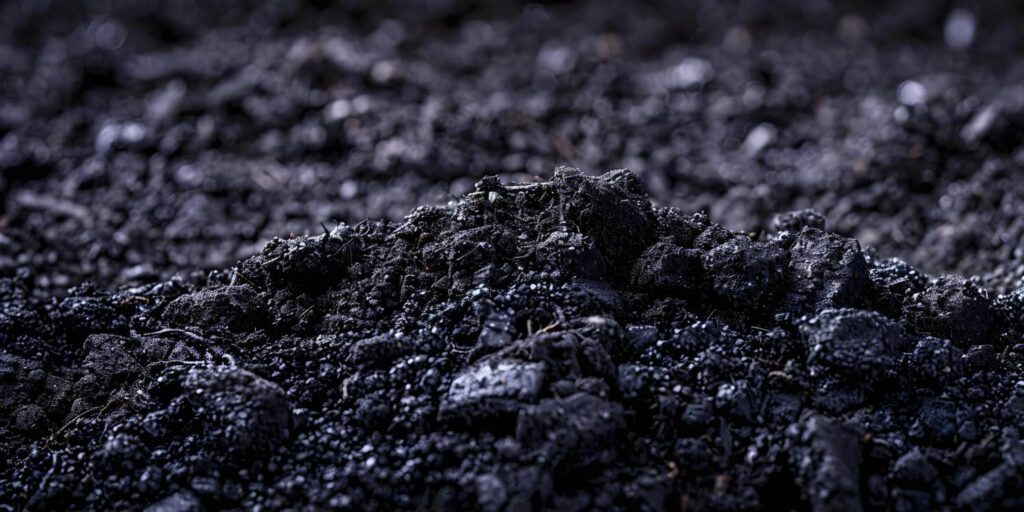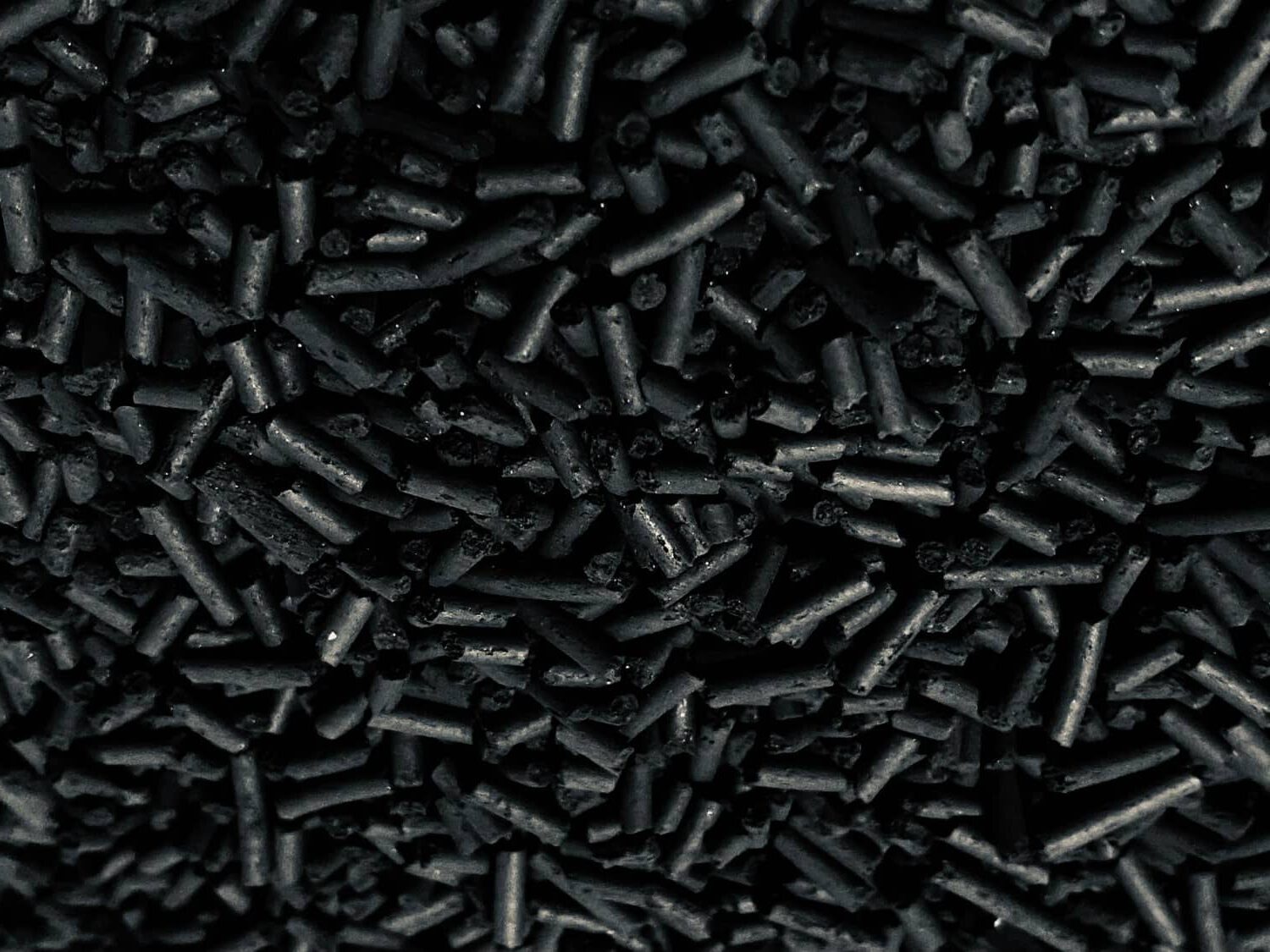Bio Products
Sustainable Solutions for a Better Future
Bio Char
A fine-grained, highly porous charcoal-like product resulting from the carbonization of woody or agricultural biomass.
- It has been used for centuries to improve soil fertility and carbon content.
- Biochar enhances nutrient retention, increases water holding capacity, improves soil aeration and drainage, and boosts microbial activity when mixed with compost, peat moss, and soil.
- It is a sustainable solution for carbon sequestration, as it stabilizes carbon and prevents it from decomposing and returning to the atmosphere.
- One ton of biochar can sequester between 2.5 and 3.2 tons of CO2 equivalent.
- The voluntary carbon market allows for the monetization of carbon sequestration credits generated by the production of biochar.

What is Biochar?
Biochar is a fine-grained, highly porous charcoal-like product made from the carbonization of woody or agricultural biomass. This process involves heating the biomass in the absence of oxygen, which stabilizes the carbon and prevents it from decomposing and returning to the atmosphere.
Historical Use
The use of charcoal to improve soils has been a part of soil management practices for centuries. Notably, the dark, nutrient-rich terra preta (black earth) soils of the Brazilian Amazon were created using biochar, which significantly improved soil fertility and carbon content.
Benefits of Biochar
When mixed with compost, peat moss, and soil, biochar offers multiple benefits:
Enhanced Nutrient Retention
Biochar helps retain nutrients in the soil, making them more available to plants.
Increased Water Holding Capacity
It improves the soil's ability to retain water, which is particularly beneficial in drought-prone areas.
Improved Soil Aeration and Drainage
Biochar enhances soil structure, promoting better aeration and drainage.
Increased Microbial Activity
It boosts microbial activity, which is essential for healthy soil ecosystems.
Carbon Sequestration
Biochar is a sustainable solution for carbon sequestration. Plants naturally capture carbon during photosynthesis, but when they decompose, this carbon is released back into the atmosphere. The carbonization process used to create biochar stabilizes this carbon, allowing it to remain stored in the soil for hundreds of years. One ton of biochar can sequester between 2.5 and 3.2 tons of CO2 equivalent.
Applications in Industry
Biochar has several industrial applications:
- Concrete Production: Biochar can be used in admixtures to replace a portion of the cement in concrete production, reducing the carbon footprint of the cement industry and improving the mechanical properties of traditional concrete.
- Building Materials: It can replace non-durable materials like binders and fillers in building materials, acting as a powerful carbon sink. Biochar can be used in the production of drywall, bricks, thermoplastic composites, and even asphalt to improve performance under high-temperature conditions.
Economic Opportunities
The development of the voluntary carbon market allows for the monetization of carbon sequestration credits generated by the production of biochar. Companies committed to net-zero emissions can purchase these credits to offset their own emissions and achieve their corporate goals more quickly.
Biochar is not just a soil amendment; it’s a versatile, sustainable solution with significant environmental and economic benefits.
Bio Coal
A clean alternative to coal, made from torrefied wood pellets
- It can replace coal completely or be co-fired with coal in any proportion, turning coal-fired power stations or district heating plants into 100% renewable energy plants.
- Biocoal has an energy content similar to coal, allowing generating units to operate at full load.
- It integrates smoothly into existing systems for handling, storing, and grinding coal without major changes or expensive conversions.
- Biocoal pellets are water-resistant and can be stored outside, unlike wood pellets which deteriorate under wet conditions.
- Biocoal is easier to grind compared to wood pellets, which require special grinding and handling systems.
- The cost of converting a power plant to use biocoal is significantly lower than converting to wood pellets.
| Net Calorific Value (Q) | MJ/kg as received | 19 ~ 21 |

